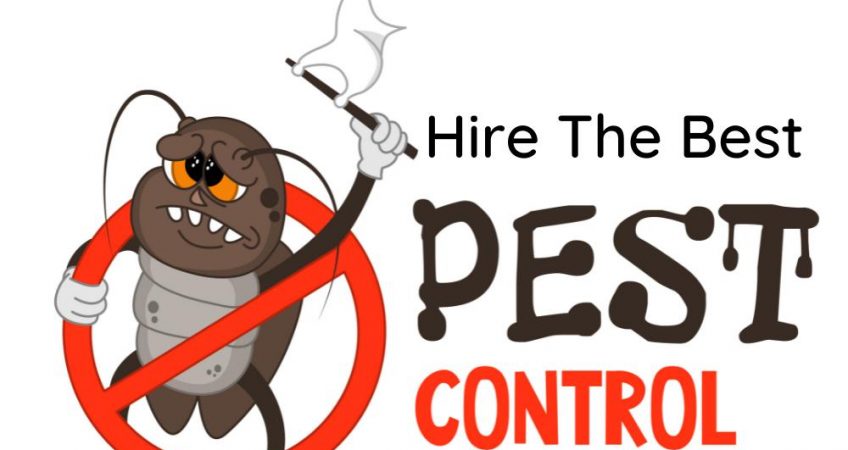Once you notice pest infestation in your home or business, whether bed bug or termite, you’re likely to rush to any store and buy a few pesticides. However, the chemicals might be ineffective because they only kill the pests you see. Besides, the chemicals have been used so much throughout the world that many pests have developed resistance to them.
This resistance reduces the ability of a pesticide or chemical spray to achieve the desired control. It is reflected in the repeated failure of the product’s expected level of control of pests when used according to the product recommendations. There are different ways that pests become resistant to the products. These include:
Penetration Resistance
Resistant pests such as bed bugs might absorb the toxin more slowly than susceptible insects. In this case, penetration resistance occurs when the pest’s outer cuticle develops barriers that slow the absorption of the chemicals into their bodies.
It protects pests from a wide range of chemicals. It is also frequently present along with other forms of resistance, intensifying the effects of the different mechanisms. This is more evident in using various chemicals for bed bug removal.
Behavioral Resistance
In this instance, resistant pests detect or identify danger and do everything possible to avoid the toxin. For example, the pests stop feeding if they encounter some pesticides or leave the area where the spraying occurred. This forces you to change your formulation regularly to get rid of the pests, to no avail. Also using chemicals that bed bugs can detect causes them to spread out from the one room where they next and feed to the whole house, making the bed bug infestation much worse that it would have been had you not used chemicals.
Metabolic Resistance
Metabolic resistance allows pests to detoxify or destroy the toxins faster. In other instances, they quickly rid their bodies of the toxic molecules for survival. This is the most common mechanism and presents a big challenge regarding pest control. This is because pests use their internal enzyme systems to break down toxins.
Altered Target-Site Resistance
Here, the point where toxins bind in the pest becomes modified to reduce the chemical’s effects. It is the most common resistance exhibited in pests after regular exposure to the treatment products.
Solutions to Pesticide Resistance
Pests are resistant to different pesticides for many reasons. One key reason is that they have developed a tolerance to these chemicals over time and may even be immune. Besides, they also develop resistance because some pest control methods only use one type of chemical while others use different types.
Ultimately, they become more resistant because it is more cost-effective for you to buy new chemicals rather than try something different in your pest control method.
Fortunately, there are ways around this problem. This is through natural and eco-friendly techniques such as heat treatments that can effectively eliminate your pest problems. Pests cannot develop resistance to heat, which makes it an effective option to eliminate them within your property. In Nashville, you can rely on Nashville Bed Bugs for effective bed bug treatment. We have been in business for years, so we understand all aspects of the process. You can also count on our bed bug machine rental and use our thorough guide to do the job yourself.

